7 Feb 2014 | News and features, United Kingdom

Journalist Jane Fae
Feminist writer Jane Fae says she has been stopped from opening a bank account for her new project – a history of the censorship of pornography.
Fae, a contributor to Index on Censorship, had agreed with NatWest bank to set up a business account to handle the incomes and outgoings for her new self-published book, Taming the Beast.
But according to a blog post today, Fae says the bank contacted her this morning (7 February) and reneged on the agreement.
Blogging at Faeinterrupted, the journalist, who has written for outlets from the Guardian to the Daily Mail (as well as this site) reported that she had gone through all the normal procedures with the bank and signed up for a new account. She goes on:
Then, this morning, out of the blue, the call. She had since run it past her boss…her manager.
Who was less impressed. “NatWest don’t do this sort of thing”, she explained.
“Er, what sort of thing? Publishing? Academic work?”
“No: the subject matter”.
I was incredulous. “You mean that NatWest will not sanction someone writing ABOUT a particular topic? Are there any other topics you’d rather people not write about in case, you know, in case it frightens the admin staff? Perhaps we had better not write about rape, or vioilence against women or…”.
Who knows.”
Fae is waiting for a proper explanation from NatWest.
A spokeswoman for the bank told Index the issue was being investigated
Index on Censorship will keep you up to date with developments.
UPDATE 07/01/14 16:05. A NatWest spokeswoman has been in touch with Index to tell us that the business manager of the branch in Stamford, Lincolnshire is arranging to meet Jane Fae next week. The bank says “the issue is not closed”.

7 Feb 2014 | Europe and Central Asia, News and features, Russia
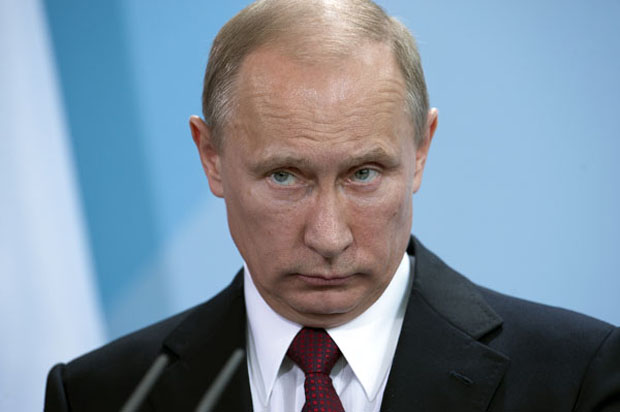
(Image: Gonçalo Silva/Demotix)
The Sochi Winter Olympics opening ceremony is taking place today, and organisers have declared that a record 65 world leaders are attending. But numbers alone don’t tell the whole story. As it turns out, some of the biggest names in global politics will not be in the stands cheer on their athletes as the games are officially kick off. Indeed, quite a few won’t be taking the trip to Sochi at all. Barack Obama is sending a delegation including openly gay figure skater Brian Boitano in his place, and Angela Merkel, David Cameron and Francois Hollande are also staying away.
But while the International Olympic Committee’s Thomas Bach was less than impressed by the apparent boycott, labelling it an “ostentatious gesture” that “costs nothing but makes international headlines”, the absence of the big guns does give the lesser-known world leaders a chance to shine. Not all guests have been confirmed, but we’ve got the low-down on some of the the leaders the cameras might pan to during today’s festivities, or who could be spotted in the slopes over the coming weeks.
Alexander Lukashenko

(Image: Ivan Uralsky/Demotix)
Putin’s long time colleague and fellow ice hockey enthusiast surely wouldn’t miss the Winter Olympics for the world. The Belarusian president is known as “the last dictator in Europe”, his near 20 years in power having passed without a single free and fair election. Under his leadership, peaceful protests have been violently dispersed, and civil society activists and political opposition — including rival candidates from the 2010 presidential elections — have been jailed. A brand new report from Index also concludes that: “Belarus continues to have one of the most restrictive and hostile media environments in Europe.”
Recep Tayyip Erdoğan

(Image: Philip Janek / Demotix)
The Turkish president made global headlines last summer, over his regime’s violent crackdown on the peaceful Gezi park demonstrations. Rather than accepting the protests were a manifestation of genuine grievances by his people, he blamed “foreign hands” and their “domestic collaborators” like many a less-than-democratic leader before him. His government was recently implicated in a big corruption scandal, and only yesterday, parliament approved controversial amendments to the country’s internet law. The new law, opposed by civil society, the opposition and international organisations alike, gives the government wide-reaching powers over the internet, effectively allowing them to block websites without court rulings, and gives them access to user data.
Viktor Yanukovych
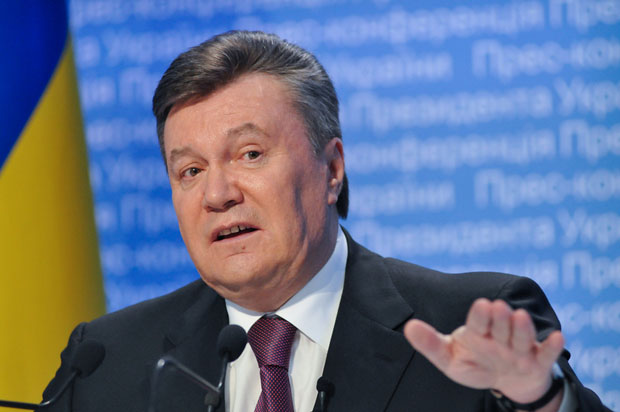
(Image: Oleksandr Nazarov/Demotix)
The Ukrainian president’s failure to sign a treaty securing closer ties with the EU in November, sparked the country’s ongoing Euromaidan protests. The authorities response was heavy handed — police clashed with demonstrators and journalist were targeted, leading to international condemnation. They authorities even briefly implemented a highly repressive new law, among other things allowing security services to monitor the internet, and defining NGOs receiving funding from abroad as “foreign agents”. The law was, however, scrapped only days later following outrage from civil society. Meanwhile,Ukraine’s Prime Minister and government also stepped down, while Yanukovych took four days off ill. He’s back in the office now — just in time head to Sochi for a much-hyped meeting with Putin.
Nursultan Nazarbayev
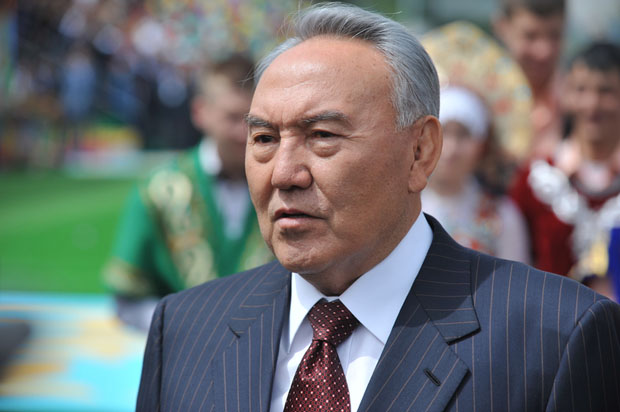
(Image: Vladimir Tretyakov/Demotix)
Kazakhstan’s president has been in power since 1991, and during that time, allegations of human rights abuses, including attacks on demonstrators and independent media, as well as widespread corruption have been regularly levelled at him. In 2012, following clashed between the police and striking workers, the president, who already effectively controls the legislature and the judiciary, further extended his emergency powers. But Putin wouldn’t even be his only high-flying friend. In September, Kanye West performed at his grandson’s wedding. The reported price tag? $3 million. Did I mention the accusations of corruption? Meanwhile, former British prime minister Tony Blair spent two years advising Nazarbayev and his government on democracy and good governance — a deal which “produced no change for the better or advance of democratic rights in the authoritarian nation”.
Emomali Rahmon
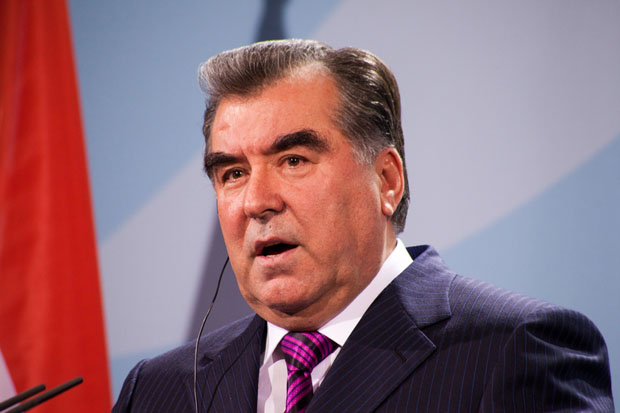
(Image: Riccardo Valsecchi/Demotix)
He has been the head of the government of Tajikistan since 1992, and was in power during the country’s civil war, where 100,000 people lost their lives. Allegations of human rights abuses, including torture by security forces and arbitrary arrests, are widespread. Much of the media is state-controlled, and independent journalists face violence and intimidation. “Publicly insulting the president” can see you jailed for as long as five years. Recently, a prominent member of the opposition, Zaid Saidov, was sentenced to 26 years in prison following what has been described as a “politically motivated trial”. In Sochi, he is set to meet with not only Putin, but also Chinese leader Xi Jinping.
This article was posted on February 7 2014 at indexoncensorship.org
7 Feb 2014 | Digital Freedom, India, News and features
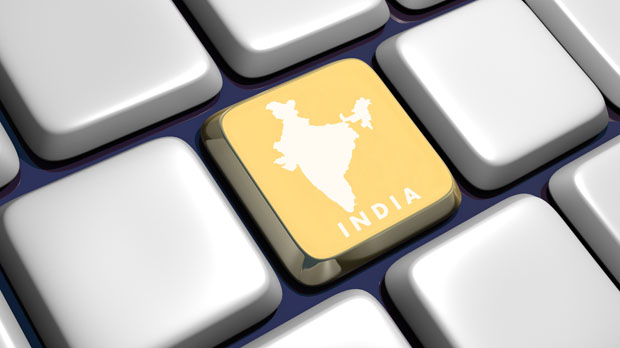
(Image: Shutterstock)
Lord Chief Justice Campbell, while introducing The Obscene Publications Act 1857, described pornography as “poison more deadly than prussic acid, strychnine or arsenic” and insisted that the law was imperative to protect women, children and the feeble-minded.
The Indian Supreme Court’s observations and directions while hearing a petition in which online pornography is blamed for of the “epidemic” of rape and sexual violence is redolent of the pornophobia which had gripped the puritanical English legal system in the Victorian era. It is also a stark reminder of the befuddling and dangerous consequences of internet filters, as is being seen in the United Kingdom.
On 27 January, one of the defendants, the Internet Service Providers Association India (ISPAI) while stating that they would not indulge in voluntary censorship, posed a more challenging question — since there is no granular distinction to be made between “high art” and pornography, since temple sculptures can simultaneously be interpreted as both divine and obscene, how could they decide what to block and what to allow. On 28 January, all liberty-loving Indians were aghast at the Supreme Court’s intransigence on homosexual sex.
Taken together, these incidents portend to consequences more pernicious than just a chilling effect on free expression. As Lynda Nead contends, drawing a distinction between sublime and profane seeks to serve a social legitimising function which result in moral policing and violations of the rights of many.
Does pornography cause rape? Justice Douglas’ statement in Ginsberg — “Censors, of course, are propelled by their own neuroses” — and Ronald Dworkin’s reply to Katherine MacKinnon’s “breathtaking hyperbole” remain the most plausible answers to date, not a single study has been able to irrefutably prove correlation, let alone causation. However, Indian courts’ treatment of pornography has been ironic because exposure to obscene and sexually explicit material has been treated as a mitigating factor in rape sentencing. Reepik Ravinder and Phul Singh are two examples of rapists being regarded as victims of the “sex explosion” on celluloid. Not only that, a “ministry of psychic health and moral values” has also been directed to be established to nip this epidemic of vulgarity in the bud.
Justice Potter Stewart’s aphorism “I know it when I see it” holds true for any “definition” of pornography — even today. All we have got is a mystifying epithetic tautology — prurient, lewd, filthy, repulsive, which does no service to the clarity of judicial vision. It is easier to treat pornography as an accused, rather than an offence, because tropes and stereotypes make for poor and unjust legal definitions.
The plea to criminalise browser histories suffers from several grave elisions. For one, irrefutable evidence of correlation, let alone causation, between pornography and sexual violence or depravity is conspicuous by its absence. Though Delhi has a high rate of reported rapes, Google Trends data from 2013 shows more people in the apparently conservative bastions of Gujarat and West Bengal were searching for pornography online.
Most significantly, an obscurantist idyll defines the average consumer and purposes of online pornography. Evidence dispels the notion of only rapacious, lustful men devouring pornography. A 2008 survey reported one in five women watching and approving of porn. Forty-five percent of women who watched pornography also made their own porn videos, and stated how it had helped them being sexually inventive and more intimate with their partners. Another survey, deemed to be the most comprehensive, shows 60 percent women and 80 percent men admitting to accessing sexually explicit content online. Significantly, 30 percent of women respondents said that such content deals with sexual and reproductive health and romance, too. More significant is the response that usage of pornography improved couples’ sex lives.
Moreover, the upshots of dragnet internet filters are reasons for grave consternation. Google AdSense mistook an author’s memoir for pornography and blocked it. In reverse irony, smut sites got caught in an attempt to prevent bureaucrats from surfing sites related to the stock market. And since algorithms do not have a mind of their own, Christopher Hitchens’s polemic against Mother Teresa “The Missionary Position” might also lose its immunity.
India’s information technology law remains riddled with fuzzy definitions, and right now Google, stands indicted for defamation. A ban on internet pornography would further queer the pitch for intermediary liability, thereby delivering another blow to free speech.
Given the climate of legal homophobia, a reference to the aftermath of Canada’s ban on pornography becomes pertinent. There was a sustained persecution of bookstores stocking gay and lesbian literature, comics included, and 70 percent of prosecutions were of homosexual pornography. Besides, even if there were only opt-in filters, it would entail identifying one’s sexual preferences. And where demands for arresting homosexuals are raised on the flimsiest of pretexts, one would become a sitting duck for privacy breaches and criminal prosecution.
One can only wish these apprehensions, and not pornophobia, inform the Supreme Court’s decision.
This article was posted on February 7 2014 at indexoncensorship.org









